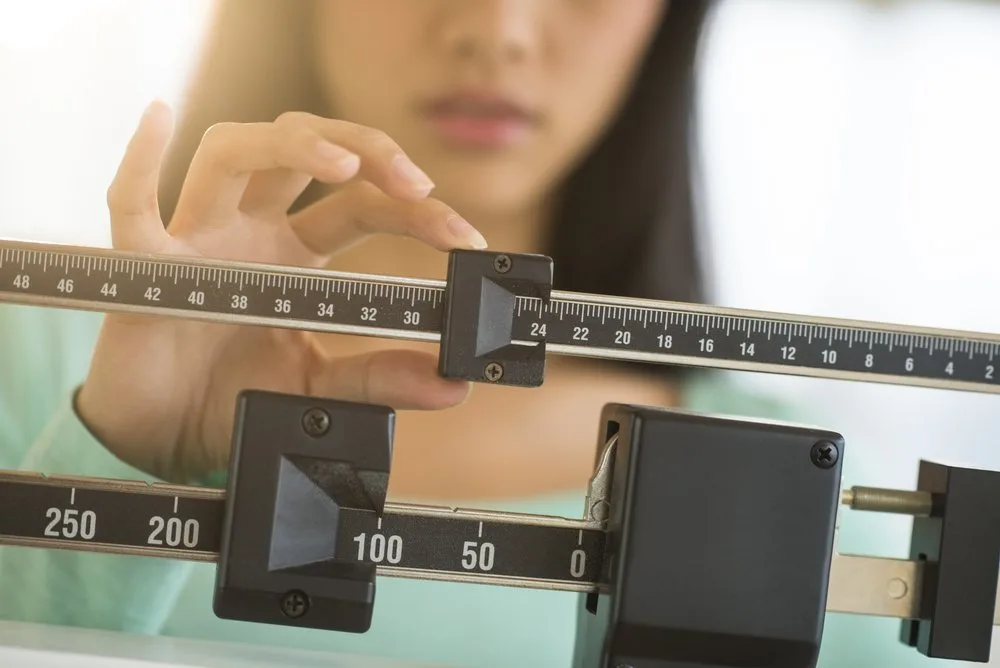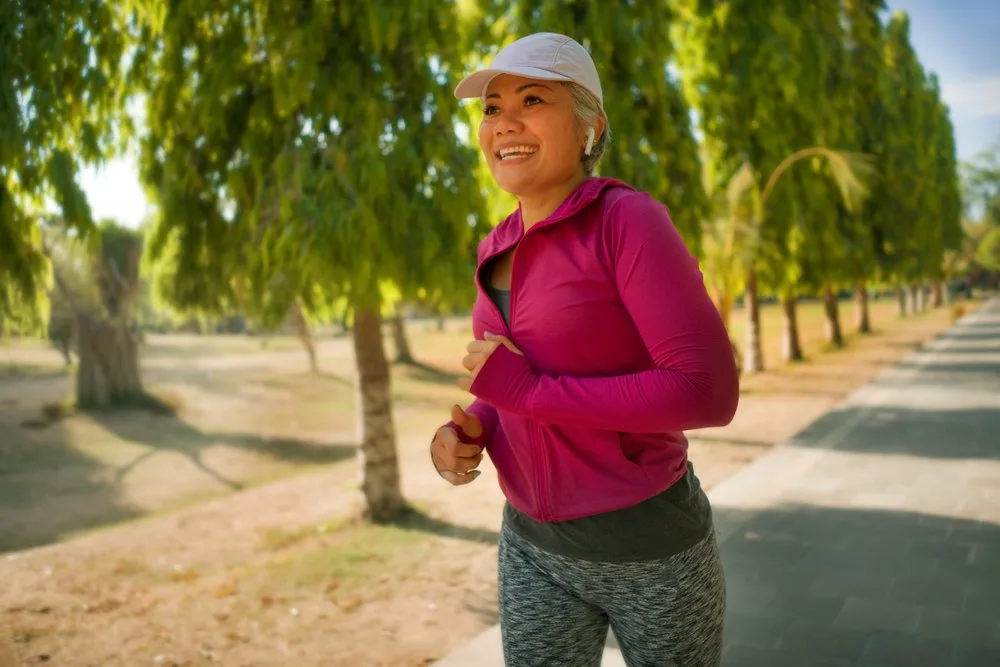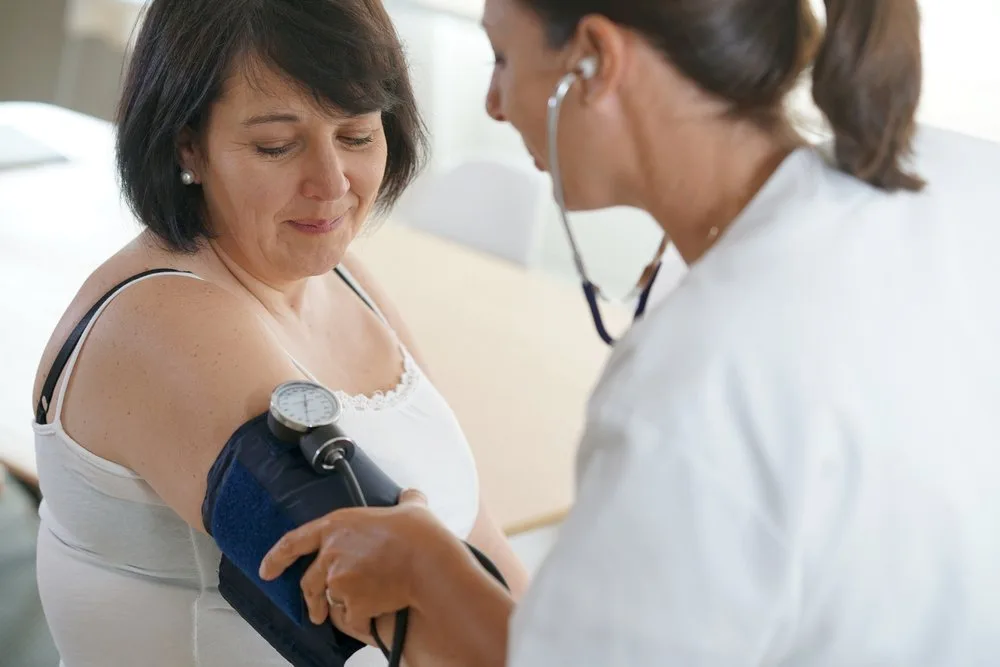As you enter your fourth decade on earth, you may start to experience some subtle mid-life changes such as having trouble sleeping or maybe you’re straining to see small text.
Self-Care Tips For Your 40s
GO FOR IT!
Treating yourself well is the best way to do damage control and your 40s is the time to clean up your act if you haven’t already.
Keep moving
As you enter your 40s, your body naturally slows down, but maintaining mobility is hugely important to reduce the rate of bone loss and strengthen the muscles around the joints. Slipping into a sedentary lifestyle can lead to stiff joints, which in turn restricts your movement.
Lifting weights at least twice a week is the answer to maintaining bone and muscle mass. Think about adding yoga to your workout routine to increase suppleness and strength, too.
Hormone hijack
Your 40s is when most women enter perimenopause, when the body reduces the amount of estrogen and eggs it produces. You may be starting to notice changes in your menstrual cycle – heavy bleeding is a common symptom of perimenopause. “There are many good options to stop heavy or painful bleeding,” says Brisbane gynecologist Dr. Ameratunga.
“You don’t need to suffer, and hormonal options are not the only solutions out there. Simple and convenient measures exist such as endometrial ablations. Discuss your symptoms with your gynecologist if your period is interfering with your daily activities.”
Sleep tight
Sleep problems are common during times of hormonal change. Symptoms, particularly hot flushes and night sweats, can disturb sleep and set off insomnia. Relaxation techniques such as meditation, and massage, and exercise may help.
Know your boundaries
An important – and often overlooked – part of self-care is knowing when and how to set boundaries. As life becomes more demanding and you’re bouncing between teenagers, careers, and your own parents, self-care means knowing what it takes for you to thrive and respect your own needs – whether that is more sleep, spending time with friends, or alone.
Learning to ask for support and showing self-compassion are also essential self-care strategies.
Brain drain
It’s easy to become consumed by family, careers, and mortgages but it’s important to keep having fun. Those everyday stressors can contribute to cognitive decline over time, mainly due to high levels of the stress hormones circulating in the body.
The good news is that if stress is reduced, brain cells have the capacity to regenerate. So start identifying daily stressors in your life and look at ways to add more fun into your day. Also, consider some form of daily relaxation to give your brain a chance to rest and recuperate. Try The Mindfulness App, free from the App Store and Google Play.
HEALTH CHECK ALERT
LISTEN TO YOUR HEART
Early heart disease usually has no symptoms and you may not be aware that you are at risk.
So see your doctor regularly to ensure your heart is healthy and to assess your risk. Blood test results will identify whether you have high (more than 15 percent); moderate (10 to 15 percent) or low risk (less than 10 percent) of a heart attack or stroke. The Heart Foundation strongly recommends having a heart health check if you’re more than 45 years old, and over 35 years for Aboriginal and Torres Strait Islanders.
How to eat
Dietitian Bronwen Greenfield says:
>> This is when your metabolism starts to decline, so focusing on portion control, increased protein, and high-fiber and low-Gl foods can make it easier to prevent any unwanted weight gain.
>> Eating a wide variety of fruit and vegetables to boost your antioxidant intake can help protect against the development of certain chronic diseases.
>> Your risk of developing health conditions like heart disease increases in your 40s. Chronic inflammation is also associated with the development of chronic diseases, so focusing on minimising inflammation levels through diet is really important at this age. Reducing pro-inflammatory foods, like refined carbohydrates and foods high in added sugars, saturated and trans fats, and eating more anti-inflammatory foods such as oily fish, extra virgin olive oil, avocado, nuts and seeds, plant-based foods, fermented foods, and turmeric can all contribute to reduced inflammatory markers.

Target kilos
Most women in mid-life will complain about their weight – with the average female weight gain per year being 500 grams. A drop in estrogen can cause weight to shift from your hips to your abdomen and you may need to work harder to keep extra kilos at bay. Emotional eating can also play a part.
If any of these scenarios sound familiar, you may be an emotional eater: eating in response to feelings such as stress, boredom, or anger – all common emotions around this time of life. Talk to a therapist if you are depressed, anxious, or are having problems that make you feel out of control.

Simple truths
Dr. Amanda Sainsbury-Salis gave up on fad diets a long time ago and turned her focus to the simple concept of eating the foods she likes but only when hungry, stopping when satisfied and never depriving herself. She lost weight and has kept it off for many years. Check out amandasalis.com to find out more.
Drink more water

Your metabolism slows down in your 40s so the health benefits of staying hydrated become even more important. Water prevents dehydration but it also increases blood circulation – two factors that can help keep cognitive decline and nerve damage at bay.
Aim for at least eight glasses of water a day. Fill up on water-rich fruits like citrus, berries, tomatoes and watermelon, and veggies, including cucumbers and leafy greens for an added, nutrient-rich boost.
Eyes have it
At around 40, presbyopia can set in, when the eyes begin to lose their ability to focus up close. You are also more likely to suffer from digital fatigue.
Remember to blink often to keep eyes well lubricated and take regular breaks when you’re focusing close-up for long periods. Use lubricating eye drops, which may help to reduce dryness and redness. See your optometrist for regular eye tests and specific exercises to strengthen eye muscles.
Screen Queens
Screening saves lives, so have a free mammogram every two years if you’re over 40. If you’re in Australia, call BreastScreen Australia on 13 20 50 for more information.

Iryna Inshyna/Shutterstock
Who is the author?
Debbie Duncan/Aremedia.Com.Au/Magazinefeatures.co.za








![women [longevity live]](https://longevitylive.com/wp-content/uploads/2020/01/photo-of-women-walking-down-the-street-1116984-100x100.jpg)









